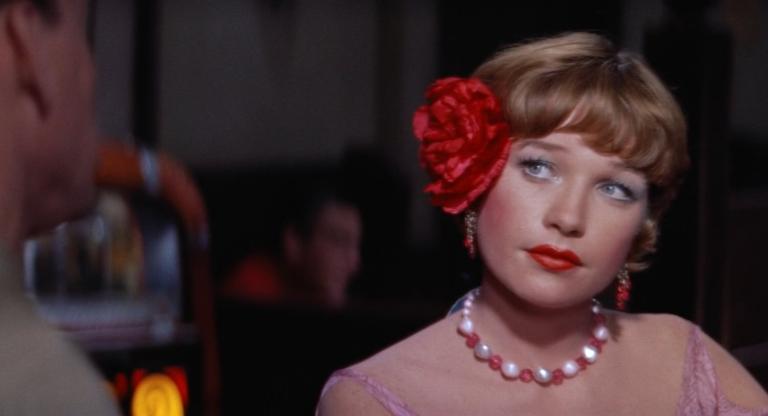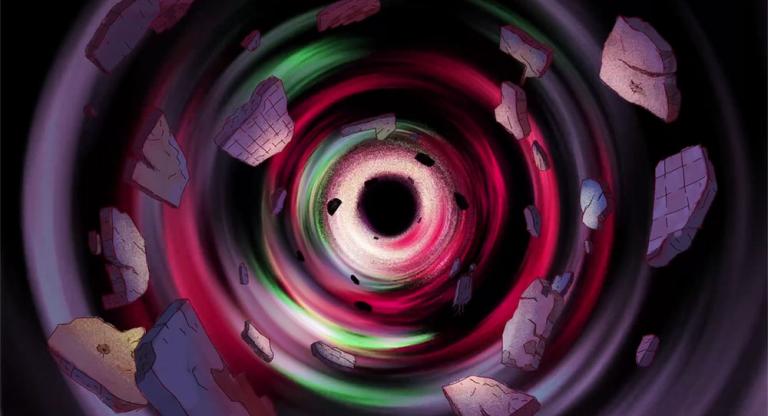Teorema (1968) is Pier Paolo Pasolini’s geometric proof answering a question posed several years previous in his documentary Love Meetings (1965): Are the bourgeois capable of love? In that previous film, Pasolini himself ventures out into the streets, asking children where babies come from, young men about virginity and about women and about their queerness. Teorema begins in that documentary mode, as factory workers are asked why their boss gave away his factory. The shots are framed close, heads curtaining the frame, as they acknowledge the distance and obscurity of bourgeois logic—and proudly proclaim that they are not bourgeois.
Teorema is rigorously programmatic, divided into segments in which The Visitor (Terrence Stamp) interacts with each member of a family through seduction, confession, and abandonment. After the opening scene at the factory, the film switches to a sepia tone as The Father (Massimo Girotti) drives through the factory gates. We catch glimpses of The Daughter (Anne Wiazemsky) and The Son (Andrés José Cruz Soublette) leaving school, and The Mother (Silvana Mangano) and The Maid (Laura Betti) at home. The Mailman arrives, arms waving like Hermes, accompanied by swinging surf rock, played by Pasolini’s longtime lover Ninetto Davoli, to deliver a letter to the maid heralding The Visitor’s imminent arrival. The characters are all introduced from afar, in motion, as if the film was captured from a patrolling Carabinieri squad car, gathering intel on a gay leftist dissident.
That mode of being, of being seen, is what this family is used to, with the obvious exception of The Maid. The Visitor grants each of them their deepest desire: not only to be seduced but to be recognized. They all sneak glances at The Visitor’s too-tight khakis, stare too deeply into Stamp’s too-blue eyes, they all lean in to be kissed—first The Maid, who he catches mid–suicide attempt, then The Son, The Mother, The Father, and The Daughter. As The Father says, he “destroyed their images of themselves. . . .Now they can’t see anything at all.”
Fittingly, the audience is denied witness to these revelatory acts of love-making. Each member of the family falls limp in The Visitor’s arms, and as he swoops in to kiss them his cashmere-draped back swells to fill the entire screen, and we cut to another scene.
In The Visitor’s absence, Pasolini’s frames grow emptier. The camera pulls away from The Maid dropping her dusty suitcase in the town square of her village, perhaps in awe of, or repelled by her newfound spirituality—like the camera in the roving monologue scenes of Mamma Roma (1962). The family wanders down dirt roads or drives down strange streets, or wallows in bed, also in stunned religiosity. Pasolini is ultimately compassionate toward this family—among them, there is the will to change. Teorema is an answer without a question, and a question without an answer: an allegory, a wish, a dream.
Teorema plays Wednesday, August 21, at BAMPFA as part of Made in Italy: Morricone, Leone, and More.
Previously:
Teorema screens this evening and tonight, June 13, at Quad Cinema as part of the series “Pride Revived: Lines and Curves, Drawn and Moving.”






